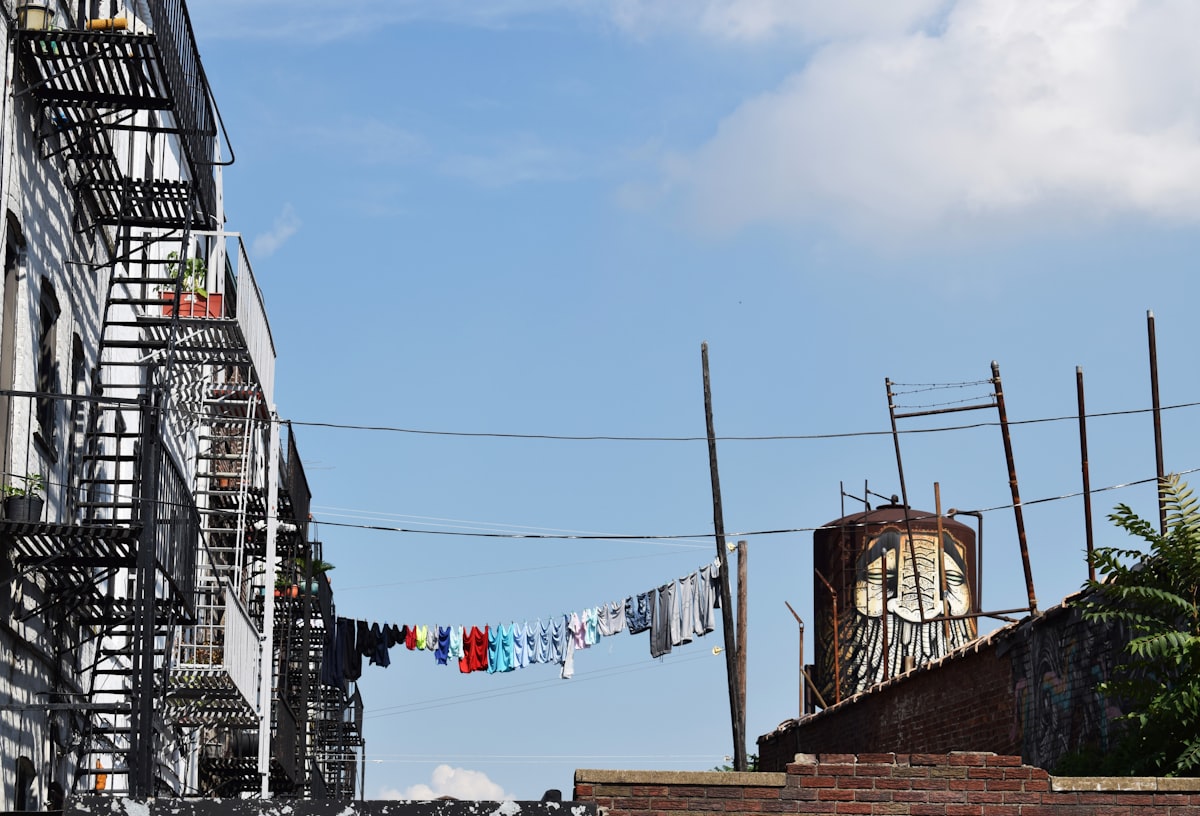Opinion: Why We Need Emergency Rental Assistance Program
"We live in a delicate housing ecosystem where one person’s rent payment is another person’s income, which becomes a mortgage payment, a water bill payment, and a property tax payment - it's all connected," explains Sen. Gounardes.

By NY State Senator Andrew Gounardes
We live in a delicate housing ecosystem where one person’s rent payment is another person’s income, which becomes a mortgage payment, a water bill payment, and a property tax payment. This past year demonstrated how fragile the housing ecosystem in New York City, and across the state, really is.
When the pandemic hit, and hundreds of thousands of New Yorkers were laid off without warning, that ecosystem went into distress. People who had never missed a rent, mortgage, utility, or property tax payment in their lives were suddenly thrust into housing insecurity. Tenants struggling with their bills waiting weeks and months for unemployment benefits, trying to put food on their table and afraid they will lose their homes. And landlords, trying to make deals with their non-paying tenants to try and make sure they could pay their mortgage, water, and tax bills.
My office has engaged with neighbors in our community for the past fifteen months about how this housing crisis has taken a significant toll on their lives. While housing insecurity was an issue that was festering before COVID, the pandemic has deepened these financial scars, and we’ve heard from countless people in southern Brooklyn about how uncertain their lives have become without any assistance to help them make payments.
When connecting with community members on the issue, these conversations were often clouded with frustration, anger, and even shame. The COVID-induced housing crisis was the fault of no one and yet it has affected so many of us. An estimated 735,000 New York City renter households have at least one member who lost their job due to the COVID pandemic. Thousands of homeowners are undoubtedly in the same position.
Last Spring, the legislature passed the Emergency Rental Relief Act, which would prevent New Yorkers struggling due to the pandemic from losing the roof over their heads by helping them pay their rent. Only $100 million in rental assistance was allotted, which is really a fraction of what was necessary to help keep the housing system afloat. Unfortunately, due to stringent eligibility requirements negotiated by the Governor, only $40 million was ultimately disbursed to those who needed it most by the end of last year.
But today, things are looking better. The last two federal aid packages sent New York $2.3 billion in rental assistance funding. This past spring, the Legislature enacted the Emergency Rental Assistance Program as part of the state budget, and allocated a total of $2.4 billion to help pay back rent for the estimated one million New York households that are behind on their rent payments. Now, we can provide housing stability for those who are in need, and ensure that neither tenants nor property owners are left holding the bag for a financial crisis created by this pandemic.
Crucially, ERAP takes into account the whole housing market, not just part of it, and has deadlines for getting the funding into the hands of those landlords who are owed. The program, which opened on June 1st, will provide up to 12 months of rental arrears payments for rents accrued on or after March 13, 2020, and a potential prospective 3 months of additional rental assistance if the household is expected to spend 30 percent or more of their gross monthly income to pay for rent. Both tenants and landlords can apply for the program, and once an application is approved by the New York State Office of Temporary and Disability Assistance, payment will be made directly to the landlord to satisfy the back rent owed.
New Yorkers in every corner of the state were devastated by the pandemic, and as we continue to recover, programs like ERAP will undoubtedly help to ensure that our neighbors have the resources they need to get back on their feet and stay in their homes. We can’t afford to let people fall behind on their payments through no fault of their own, because this issue doesn’t just affect those grappling with housing insecurity, it affects us all.
Our city is stronger when we empower tenants and landlords who’ve hit hard times with the resources they need to continue having the most basic of necessities that we all depend on. And now, with major housing relief available, our state finally has the money and the program to face this crisis head-on and help those who are struggling.



